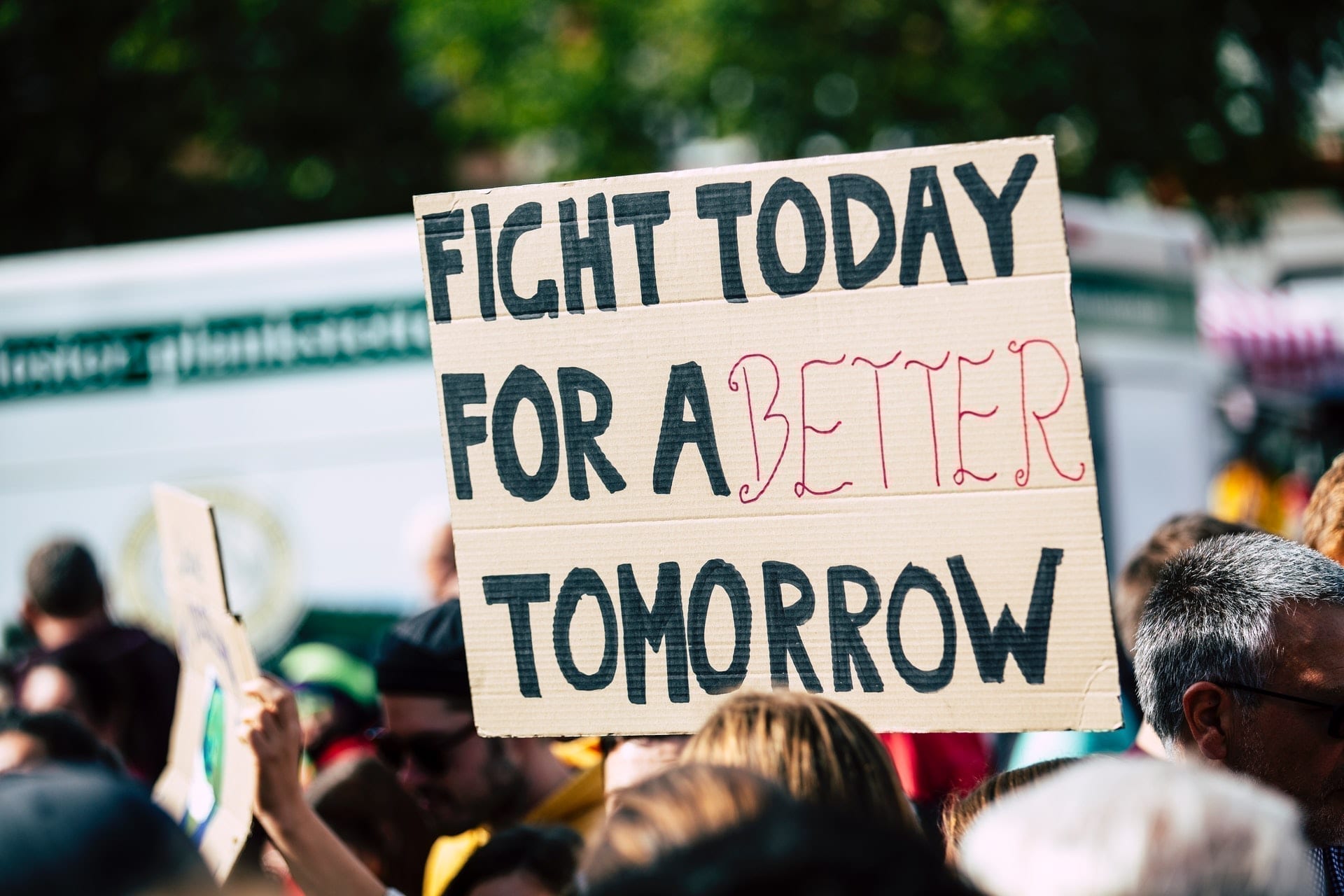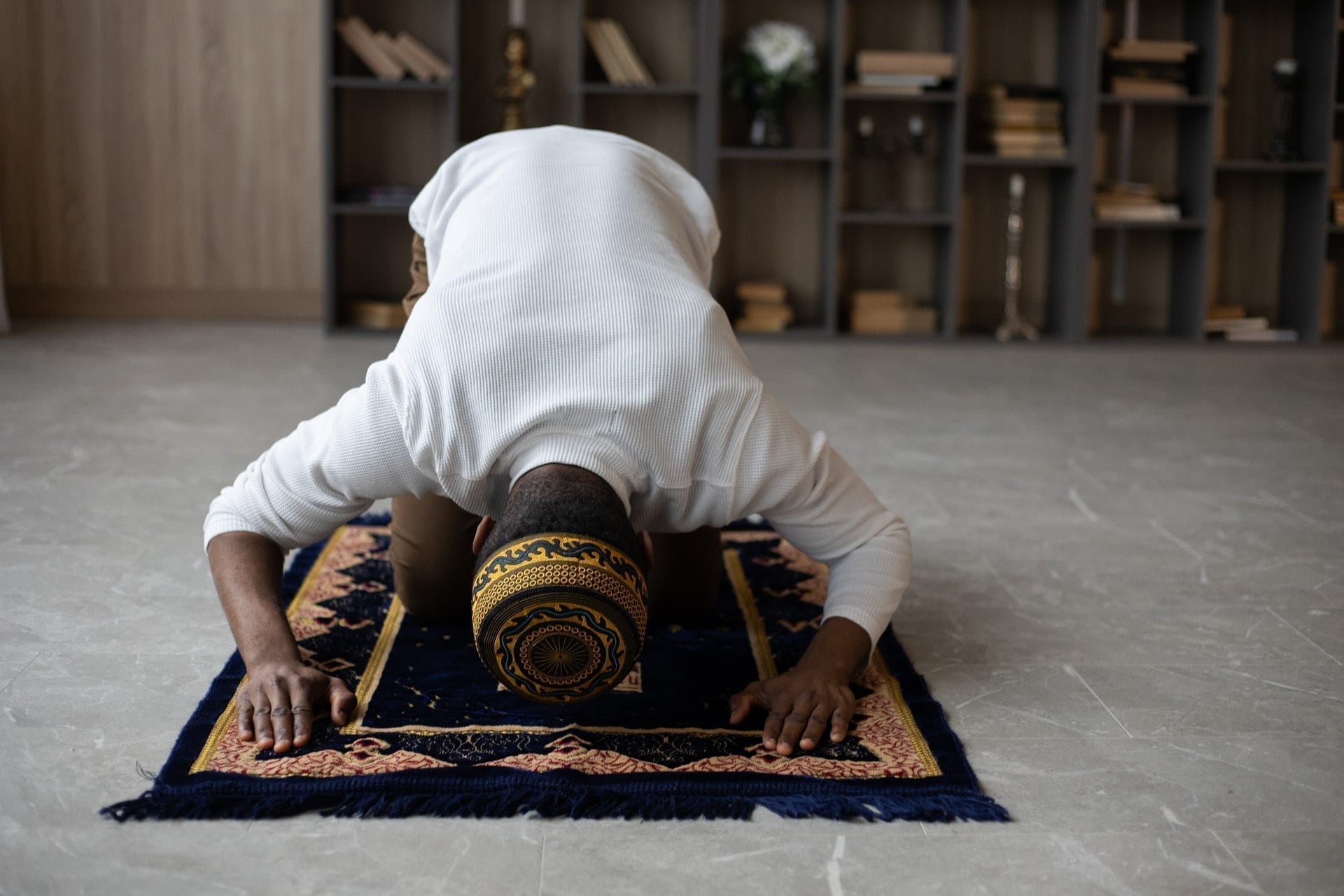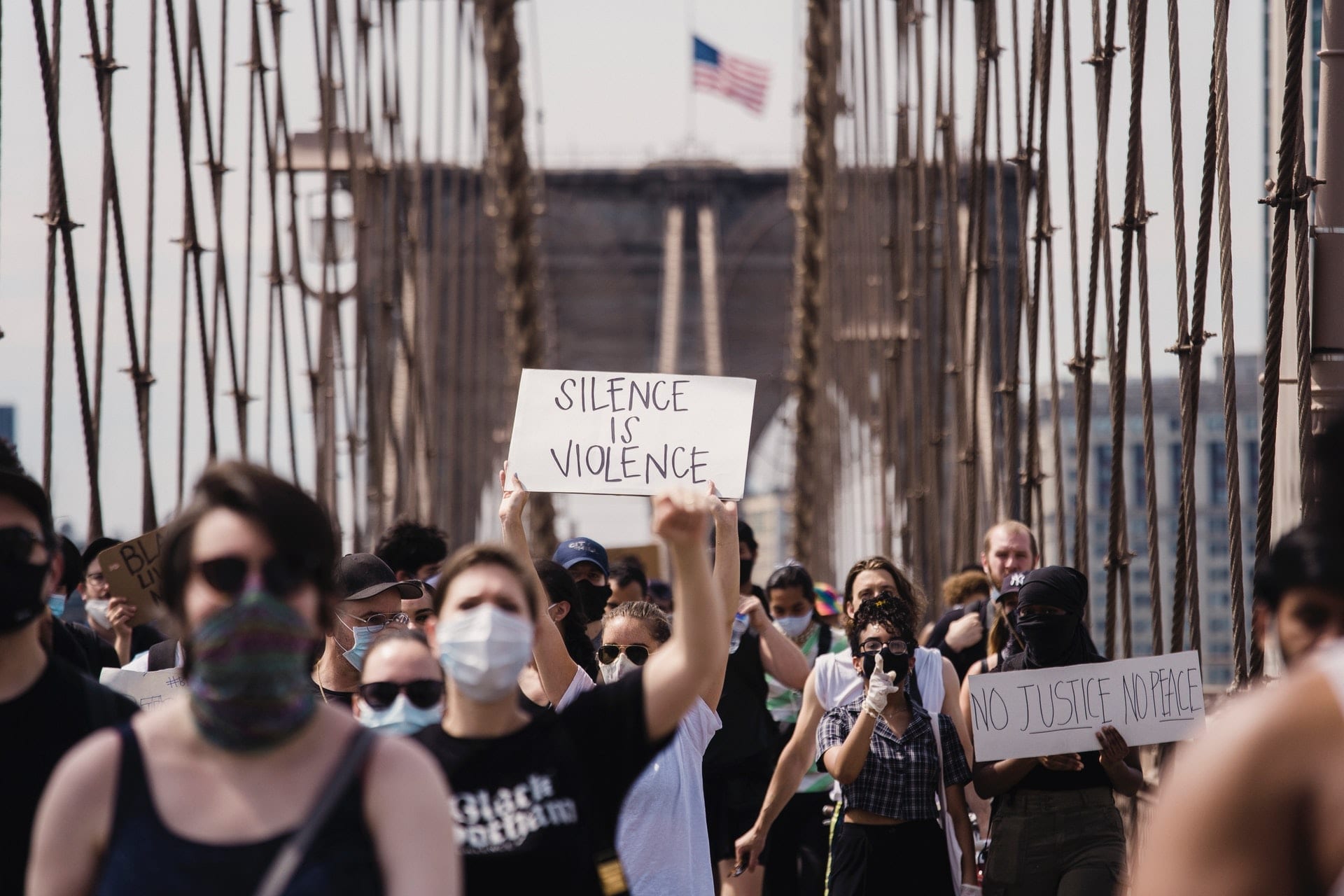The First Amendment to the Constitution protects your right to express yourself. It also protects your right to share ideas with others.
What the First Amendment says.
Congress shall make no law respecting an establishment of religion, or prohibiting the free exercise thereof; or abridging the freedom of speech, or of the press, or the right of the people peaceably to assemble, and to petition the government for a redress of grievances.

What the First Amendment means.
The First Amendment provides protections in four different aspects of life:
- Freedom of Religion. The First Amendment includes the “Establishment Clause.” This means that the government can’t make a law that establishes a national religion. The amendment also includes the “Free Exercise Clause.” That means that the government can’t stop the “free exercise” of any religion. In short, you are free to practice any religion you choose or no religion at all.
- Freedom of Speech and of Press. The government can’t stop people from expressing their opinions. This means you can say what you think without government “censorship” or punishment. These protections apply to verbal and written speech. They also apply to other activities that courts have decided are “speech.” But, there are certain limitations on this right, too:
- Imminent Violence. The government can limit speech that incites immediate violence.
- True Threats. The government can also stop you from making “true threats” of violence.
- Defamation. The First Amendment also does not protect defamatory statements. These are false statements that harm someone’s reputation or character.
- Obscenity. The First Amendment does not protect bscene materials either. Examples include abusive or offensive materials.
- Freedom of Assembly. The First Amendment also protects your right to form or join groups with others. If you wish to gather as a group to express collective ideas or opinions, the government cannot stop you.
- Right to Petition. The government also cannot make a law preventing you from making a complaint against it. You are free to voice complaints to the government without fear of punishment.
How First Amendment rights apply to people in prison.
People in the justice system have some limits on their First Amendment rights:
- Freedom of Religion in Prison. The government must allow you to practice your religion. This includes all aspects of your faith. Your facility must allow you to worship, wear religious attire and obey a religious diet. But, the prison can impose reasonable limitations on religious practice. Limits must further a government interest and cannot be too restrictive.
- Freedom of Speech in Prison. In jails and prisons, you can send and receive mail. But, officials can censor or take some mail, too. One example is if the mail includes an escape plan. Other examples include criminal conduct or threats. Prison officials can also restrict and censor newsletters and other communications. Officials can only check legal mail in the presence of a prisoner. And officials can’t look at some of it because of the attorney-client privilege.
- Freedom of Assembly in Prison. Prisons can prevent incarcerated people from forming unions and prison associations. They can do this for prison safety and security.
- Right to Petition in Prison. Incarcerated people can go to court over prison conditions. But, the prison can put other administrative procedures into place, too. In general, someone in prison must complete the in-prison grievance process first. Then, once they do that, they can file a lawsuit in court.

What you can do if prison officials violate your First Amendment rights.
If a prison official violates your First Amendment rights, you can file a lawsuit. Federal prisoners can file a “Bivens claim” in federal court. People in state facilities can file a “1983 claim” or follow other laws in their state.
The Takeaway:
Your First Amendment rights do not go away after a criminal conviction. The First Amendment still protects your right to the freedom of religion. It protects the freedom of speech and other freedoms, too. Prison officials may violate. your First Amendment rights when you are in custody. If that happens, you have the right to file a lawsuit.






